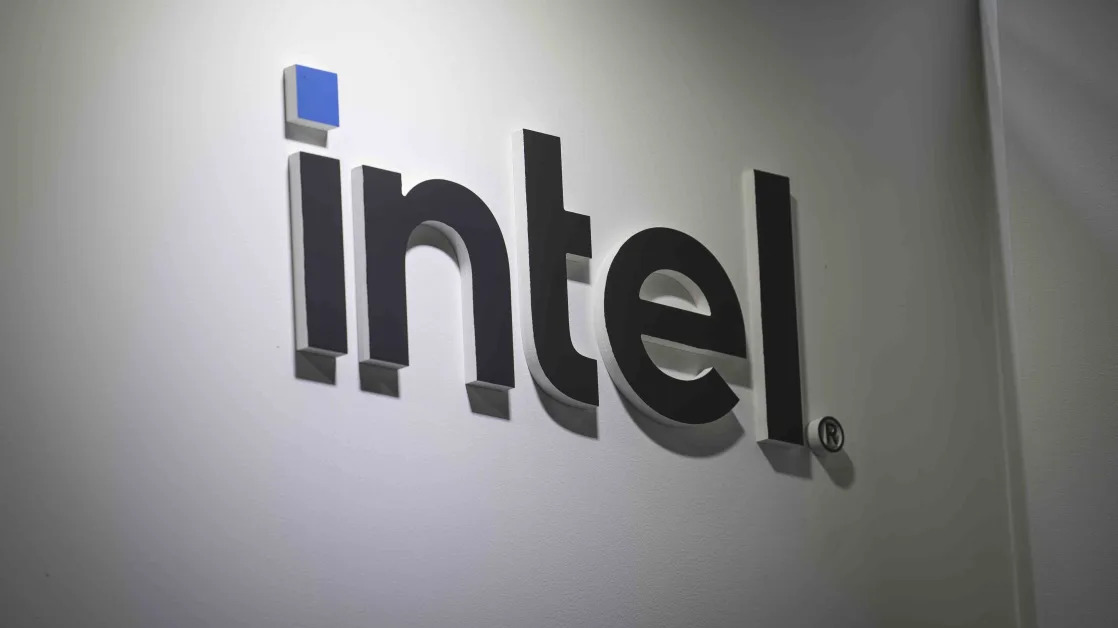I saw a meme on the internet this week. It showed four shapes: a pentagon, a hexagon, an octagon, and a steeply declining stock chart with the name "portfoliogone." That's gallows humor at its finest.
Many investors might identify with the last "shape" in that meme and want to head to the sidelines. However, I'd argue there's a Vanguard exchange-traded fund (ETF) suitable to buy in nearly any market environment. And I can't think of a better Vanguard ETF to buy during the current market sell-off than one in particular.

Behind the market decline
Before I identify this Vanguard ETF, we should understand the reasons behind the market decline. Three factors especially stand out.
First, the bull market has been driven largely by tech stocks focused on artificial intelligence (AI). Several of these stocks have pulled back in recent weeks for various reasons, including high valuations and disappointing earnings results in some cases.
Second, investors' worries about a potential recession began to increase with the surprisingly poor jobs numbers for July. Only 114,000 jobs were added -- 35% below what economists expected. The unemployment rate hit 4.3%, the highest level since October 2021.
Third, the Bank of Japan raised interest rates. This caused a chain reaction as investors sold stocks to unwind a multitrillion-dollar "carry trade."
Possible Vanguard ETFs to buy
These factors ratchet up the pressure on the Federal Reserve to cut interest rates in September. Several Vanguard ETFs are possible candidates to buy with this in mind.
Lower interest rates would be positive for real estate investment trusts (REITs) and other real estate-focused companies. The Vanguard Real Estate ETF is a good option to invest in real estate stocks.
Small-cap stocks also typically respond well to rate cuts. Two Vanguard ETFs are great picks to profit from a small-cap boom: The Vanguard Small-Cap Index Fund ETF and the Vanguard Small-Cap Value Index Fund ETF .
As interest rates decline, so do bond yields. However, this also causes bond prices to increase. That could make the Vanguard Total Bond Market Index Fund ETF a solid choice for investors.
The best choice of all
All of these Vanguard ETFs could perform well in the current market environment. However, I think the best choice of all is the Vanguard Long-Term Bond ETF (NYSEMKT: BLV) .
While the stock market fell in recent days, the Vanguard Long-Term Bond ETF rose. Why? For one thing, bonds are typically viewed as a safe haven by investors during periods of stock market volatility. I think this could give the Vanguard Long-Term Bond ETF a leg up over the real estate and small-cap ETFs mentioned earlier if investors' recession worries persist.
Also, long-term bonds usually perform better than short-term or intermediate-term bonds when interest rates decline. This makes sense because long-term bonds lock in interest rates at a higher level.
The Vanguard Long-Term Bond ETF owns 3,901 bonds with an average duration of 13.7 years. Nearly half of those bonds (48.8%) are issued by the U.S. government, so they're viewed as very safe. Its costs are low with an annual expense ratio of only 0.04% compared to 0.83% for similar funds.
If the August jobs numbers improve and recession concerns wane, I suspect the Vanguard Small-Cap ETF and Vanguard Small-Cap Value ETF will outperform bond ETFs. For investors looking for the best Vanguard fund to buy right now, though, I think the Vanguard Long-Term Bond ETF is it.
Don’t miss this second chance at a potentially lucrative opportunity
Ever feel like you missed the boat in buying the most successful stocks? Then you’ll want to hear this.
On rare occasions, our expert team of analysts issues a “Double Down” stock recommendation for companies that they think are about to pop. If you’re worried you’ve already missed your chance to invest, now is the best time to buy before it’s too late. And the numbers speak for themselves:
Right now, we’re issuing “Double Down” alerts for three incredible companies, and there may not be another chance like this anytime soon.
See 3 “Double Down” stocks »





